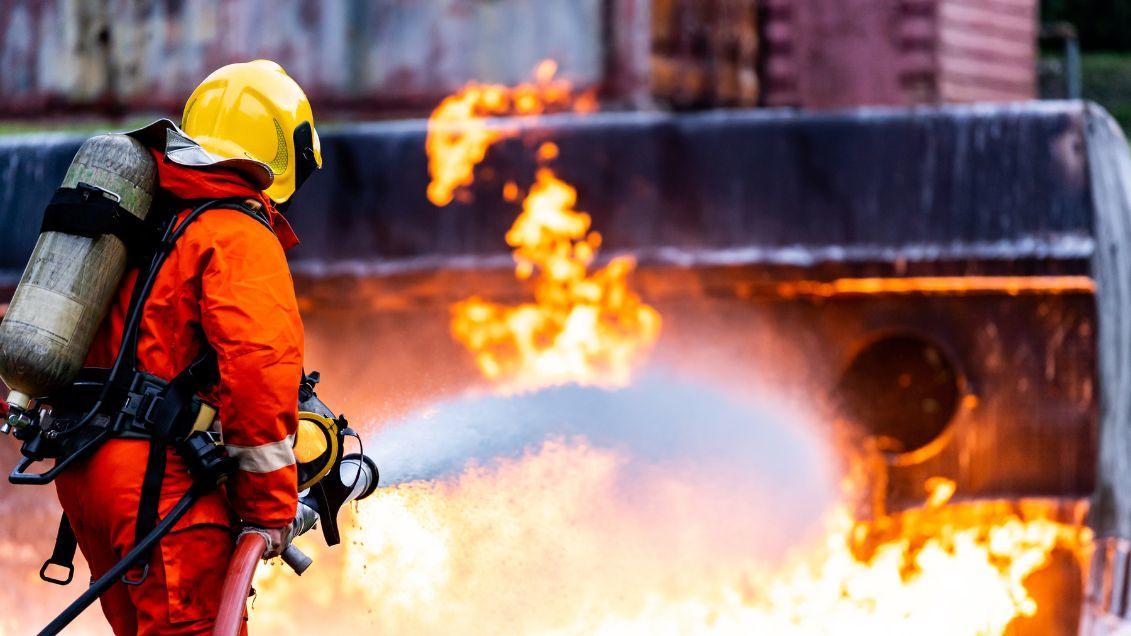Case Study: AFFF Incineration Solutions in Port Arthur, Texas

Refineries process and produce large volumes of flammable materials. In order to mitigate the risk of fires, many rely on aqueous film forming foam or AFFF. This “fire fighting foam” is stored onsite in tanks and used to suppress fire during an emergency. Many types of AFFF contain high levels of PFAS.
A large refinery wanted to replace their current AFFF with a non-PFAS alternative. They hired us to dispose of the PFAS-containing waste.
At Veolia, we offer compliant, comprehensive PFAS waste handling and disposal. With the help of our Port Arthur incinerator, we’ve managed 143,550 gallons of PFAS-containing AFFF via high-temperature incineration. The Port Arthur incinerator is permitted to treat RCRA hazardous waste and PCB waste, and it is the only facility in the U.S. permitted to treat dioxin waste. The incineration process has a destruction and removal efficiency of 99.9999%.
All Veolia solutions are scientifically proven and fully EPA-compliant. As regulations evolve, we’re at the forefront, offering innovative disposal solutions to meet compliance requirements and safeguard your environmental interests. Veolia draws upon extensive expertise in water treatment to safely manage PFAS-containing waste for our clients. Our solutions are designed to meet your needs — we offer secure landfilling and deep well injection, and our state-of-the-art incineration facility in Port Arthur, Texas is permitted to treat RCRA hazardous, TSCA PCBs and dioxin waste and is approved to receive CERCLA waste.
BeyondPFAS, our suite of end-to-end PFAS management solutions, is designed to support you at every step, from sampling and analysis to responsible disposal of contaminants. Our holistic approach involves initial site assessment and sampling, followed by implementing tailored treatment technologies based on your needs. We are committed to safely handling and disposing contaminates in line with EPA-recommended methods, including incineration, deep well injection and approved landfill.

